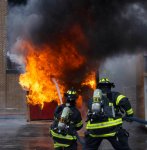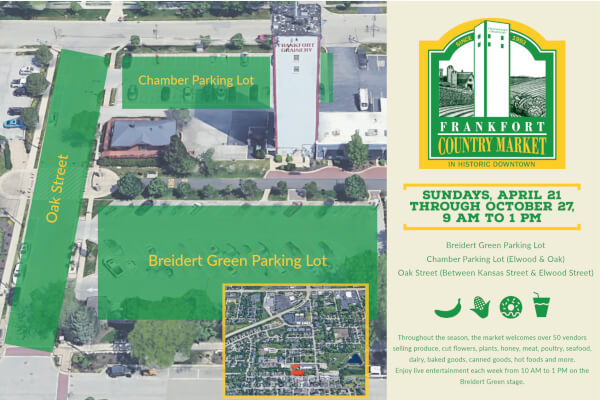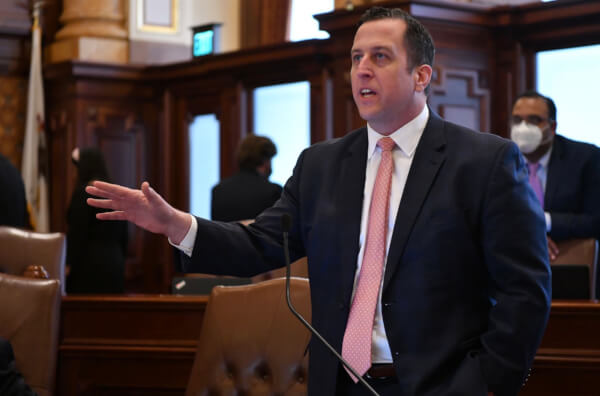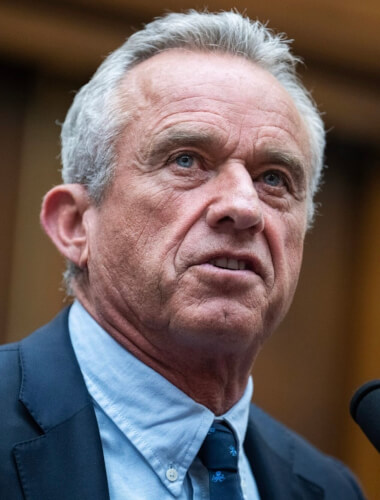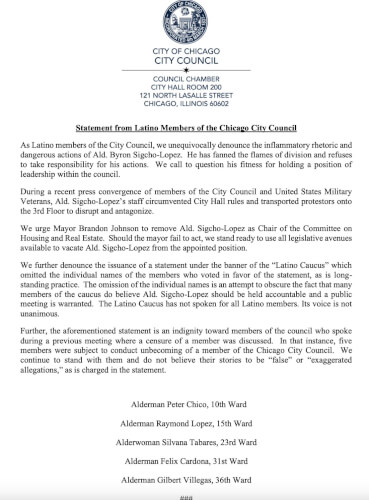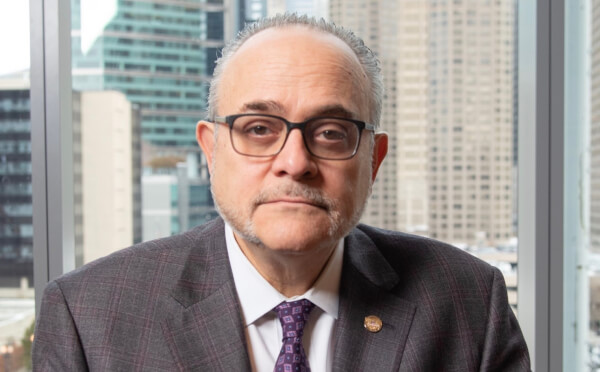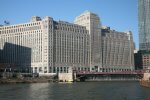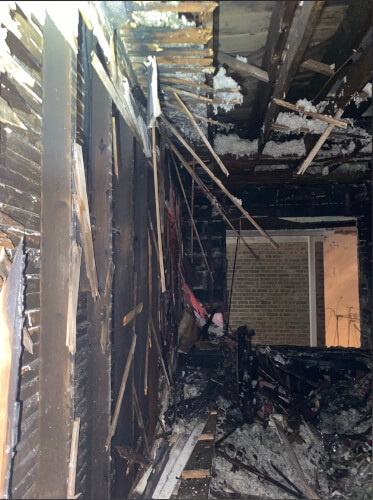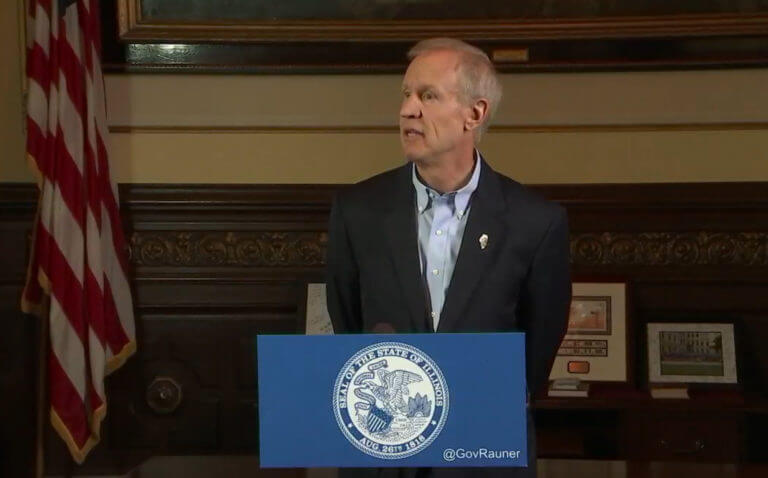Noise woes grow in Bedford Park
Hotel officials blame railroad yard, not Midway Airport
By Steve Metsch
The board, after hearing from those concerned, voted in favor of a feasibility study that will look at expanding the Tax Increment Financing District that covers the hotel complex, making available needed funds for noise reduction.
Mayor Dave Brady said the loud noises overnight are impacting the hotels, “and this could help cover the cost.”
“The TIF district would cover the railyard, too. In defense of The Belt, inert retarders were put in because you don’t want a runaway train blowing up fuel oil here,” Brady said
The problem is, the noise levels are exempt from federal standards. The issue is, first, do they have the sound remediation in it? And, do interstate commerce standards take precedence over the noise issue?“ the mayor asked.
The hotel site, on the west side of Cicero Avenue, south of 63rd Street, is a few blocks north of The Belt Railway Company of Chicago railyard. Noise from there has increased over recent years, said Bill Bowlby, a sound expert who conducted studies of noise levels found just outside the hotels.
Noise was measured for eight hours on April 18 and 19, said Bowlby.
Noise is coming from devices called “inert retarders” that are designed to slow down train cars and created a loud screeching noise when the steel wheels of train cars roll through. Those noises are the ones that hotel guests and management have found bothersome, and why Mark Weglarz, and brother Jon, were at the meeting seeing help.
Noise measurements were taken outside the two hotels and from a site on Leclaire Avenue, about 50 feet from the railyard. Bowlby played audio recorded in front of the Hyatt hotel and said it registered around 95 decibels at about midnight one night. A few audience members winced at the screeching noise.
“We found hundreds of these squeals over an eight-hour period. Almost all of them exceeded the 65 decibel limit in the village ordinance. The loudest squeals appeared to be coming from maybe one or two retarders in the yard,” Bowlby said.
There are 64 retarders in the yard, Brady said. Replacing all of those, he said, would be cost prohibitive. He’s hoping a handful need to be replaced or enhanced at a substantial cost savings.
Scott McCracken, a Southwest Airlines pilot, said he stays in rooms on the other side of the hotels when he comes to Chicago, saying it is hard to sleep with the railyard noises. He’s in charge of choosing where Southwest employees stay in Chicago and around the nation.
McCracken, of Cleveland, often stays in Chicago after a flight, but knows to ask for a room facing the airport. “I’m at the hotels, hearing that Godawful squealing. It’s worse than what we heard here,” he said.
If a Southwest pilot is unable to get his or her rest, the airline company has to find another pilot or cancel a flight. “That’s an expense to the company,” McCracken said.
“There are some nights that are better than others. I just have to sleep on the other side of the hotel. But if I was on that one side, it’s a problem that needs to be resolved,” McCracken said.
Stories like his worry Anita Cummings, executive director of the United Business Association of Midway. The group is concerned about possible negative ramifications.
“Anything that hurts our businesses is a huge concern for the rest of our businesses. This is hurting our businesses, so we need to address that. We’ve worked with the airport and Southwest Airlines. All we’ve had to do is sit down and they’ve addressed our concerns. This is bothering our community,” Cummings said.
“We’ve dealt with these trains for a long time,” said Cummings, adding that working with the railroad company is sometimes frustrating.
Brady said the village has enjoyed a good relationship with The Belt Railroad and “we hope that continues.” No representatives of the railroad attended the meeting.
Mark Weglarz said there are technological advancements, using hydraulics, to lessen the volume: “Maybe there are federal funds available. Maybe a TIF.”
The retarders are there to slow trains in the yard, to lessen the chance of accidents. “We never had the sound problem before they went in,” said Mark Weglarz, whose late father, Jack, spearheaded the hotel complex.
Mark’s brother, Jon Weglarz, said the cost needed depends on how many retarders are in need of repair or replacement.
Brady said it would cost $10 million for all 64 retarders, “and that’s something that would be out of reach. But, if it’s one to three, the price would be anywhere from $250,000 to $450,000 to solve the problem.”
Brady noted that there are plans to put in similar retarders in the railyard from Central Avenue west to Harlem Avenue, and from Cicero Avenue east to Pulaski Road.
“So, you’re going up against residential then. This is kind of an experiment. We’re kind of lucky it’s just with the hotels now instead of a full residential area,” he added.
— Desplaines Valley News
- Bruce Springsteen and The E Street Band are still rockin’ - August 10, 2023
- Weathering personal storms - July 20, 2023
- Countryside solution irks some - July 20, 2023

